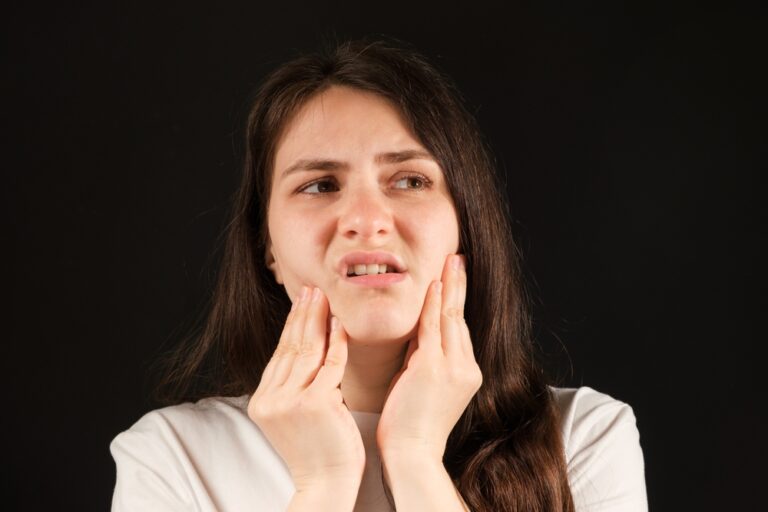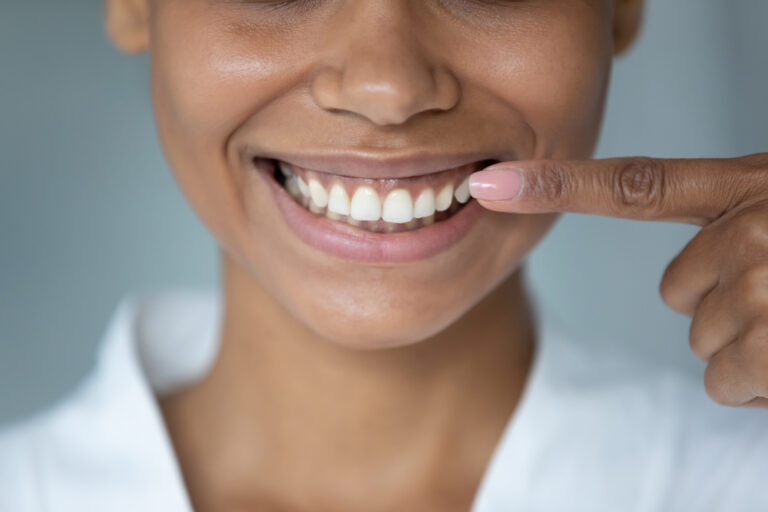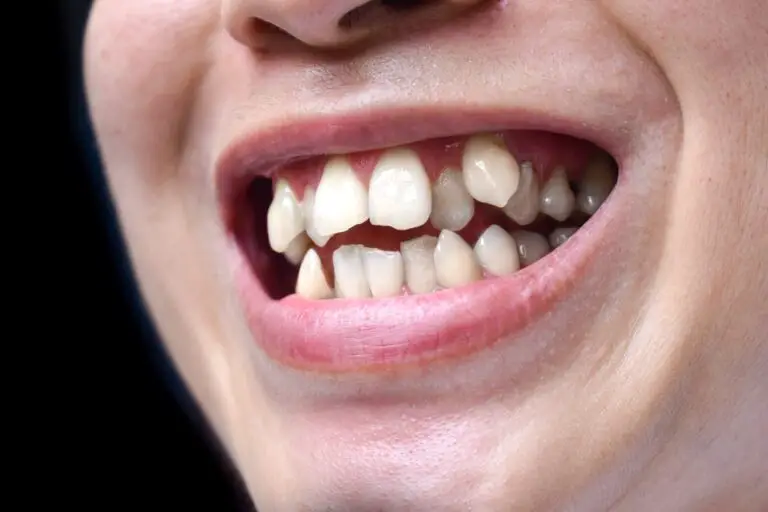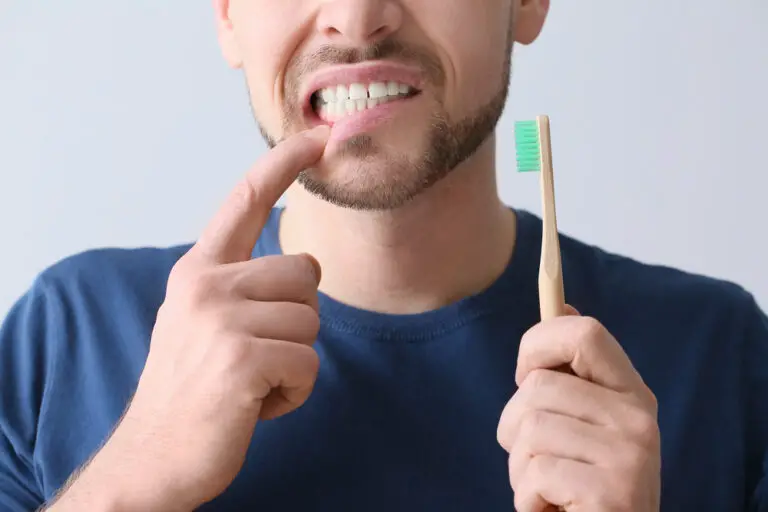Are you wondering if you can drink alcohol a day after wisdom teeth removal? This is a common question that many people have after undergoing this dental procedure. While it may be tempting to have a drink to celebrate or to ease the pain, it’s important to know the risks and recommendations associated with drinking after wisdom teeth removal.
According to dental professionals, it’s best to avoid drinking alcohol for at least 24 hours after wisdom teeth removal. Drinking alcohol can increase the risk of complications such as dry socket, which is a painful condition that occurs when the blood clot that forms after the tooth extraction is dislodged. Additionally, alcohol can cause dehydration and delay the healing process. It’s important to follow your dentist’s instructions and wait until you are fully healed before consuming alcohol or any other substances that may interfere with your recovery.
In addition to alcohol, it’s also important to avoid drinking carbonated beverages and using a straw for at least the first 24 hours after wisdom teeth removal. These actions can also increase the risk of dry socket and delay healing. Instead, stick to soft foods and plenty of water to stay hydrated and promote healing. By following these guidelines, you can ensure a smooth and successful recovery after wisdom teeth removal.
Understanding Wisdom Teeth Removal
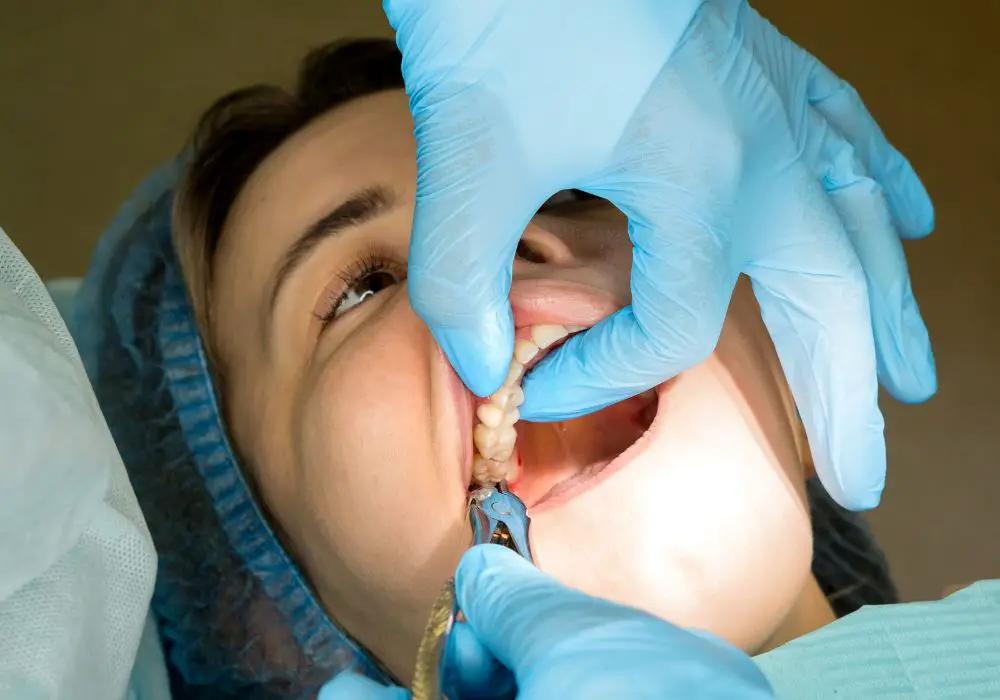
If you’re experiencing pain or discomfort in the back of your mouth, you might need to have your wisdom teeth removed. Wisdom teeth, also known as third molars, are the last teeth to emerge in your mouth, usually appearing in your late teens or early twenties.
Wisdom teeth can cause problems if they don’t have enough room to grow properly. They can become impacted, meaning they’re trapped beneath your gum line and can’t emerge fully. This can lead to pain, swelling, and infection. In some cases, wisdom teeth can even damage adjacent teeth or cause cysts or tumors.
Wisdom teeth removal is a common procedure that can help alleviate these issues. Your dentist or oral surgeon will use a local anesthetic or sedation to numb the area and make you comfortable during the procedure. They’ll then make an incision in your gum tissue to access the tooth and remove it.
After the procedure, you’ll need to take care of the extraction site to ensure proper healing. You’ll likely experience some pain, swelling, and bleeding in the first few days after the procedure. Your dentist or oral surgeon will provide you with instructions on how to care for your mouth and manage any discomfort.
It’s important to follow these instructions carefully to avoid complications and ensure a smooth recovery. You’ll need to avoid certain foods and activities, such as smoking and using straws, to prevent dislodging the blood clot that forms in the extraction site. You’ll also need to be careful when drinking liquids, especially carbonated drinks, to avoid irritating the extraction site.
Overall, wisdom teeth removal is a safe and effective way to address problems with your third molars. If you’re experiencing pain or discomfort in the back of your mouth, talk to your dentist about whether wisdom teeth removal might be right for you.
Immediate Post-Surgery Care
After your wisdom teeth removal surgery, it’s essential to take care of yourself to ensure a smooth and speedy recovery. Here are some tips to follow during the immediate post-surgery period:
- Bite down gently on the gauze pad placed over the surgical area for at least 30 minutes. If bleeding persists, replace the gauze pad every 30-45 minutes.
- Use an ice pack for the first 24-36 hours after surgery to reduce swelling. Apply the ice pack for 20 minutes at a time, with 20-minute breaks in between.
- Rest for the first 24 hours after surgery, avoiding any strenuous activity.
- Drink plenty of fluids, including water, but avoid using a straw, as the sucking motion can dislodge the blood clot and delay healing.
- Eat only soft foods, such as soup, yogurt, and mashed potatoes, for the first few days after surgery. Avoid hot, spicy, crunchy, or hard foods that can irritate the surgical site.
- Do not smoke, as smoking can slow down the healing process and increase the risk of complications.
- Take the prescribed pain medication as directed by your dentist or oral surgeon.
- Rinse your mouth gently with warm saltwater several times a day to keep the surgical site clean and prevent infection.
Following these post-surgery care instructions can help you recover quickly and comfortably after your wisdom teeth removal surgery. If you experience any unusual symptoms, such as excessive bleeding, severe pain, or fever, contact your dentist or oral surgeon immediately.
Alcohol and Healing Process
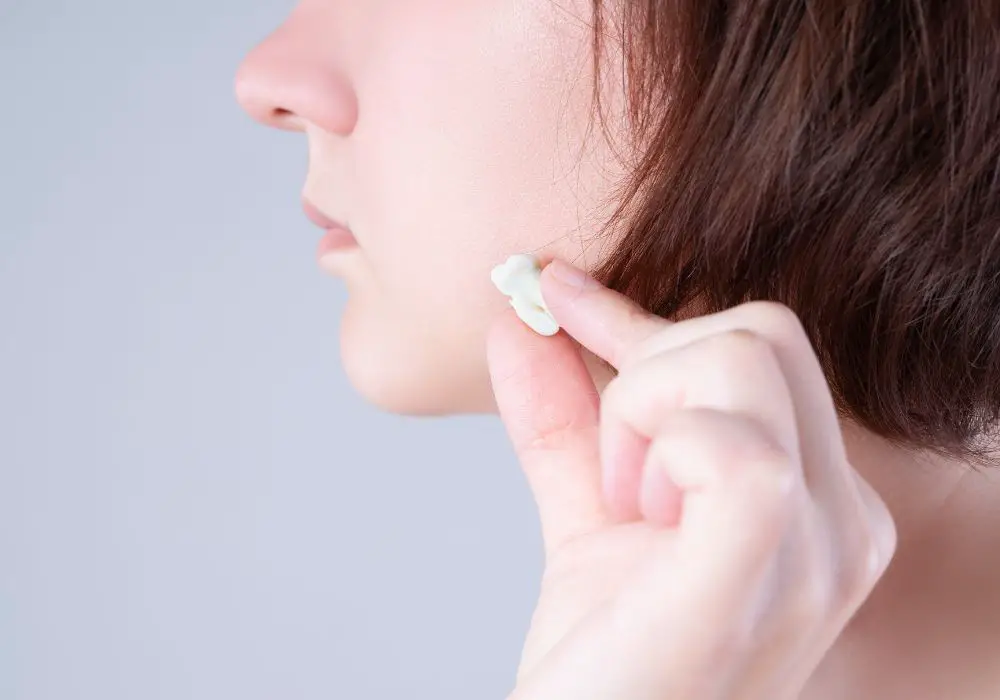
If you have recently had your wisdom teeth removed, you are probably wondering when it is safe to drink alcohol again. While it is important to follow your dentist’s instructions, it is generally recommended that you avoid alcohol for at least 24 hours after the procedure.
Effects on Blood Clotting
One of the reasons why alcohol should be avoided after wisdom teeth removal is that it can interfere with the blood clotting process. After the surgery, a blood clot forms in the socket where the tooth was removed. This clot protects the underlying bone and nerve endings, and it is crucial for the healing process.
If you drink alcohol too soon after the surgery, it can thin your blood and prevent the clot from forming properly. This can lead to a condition called dry socket, which is very painful and can delay the healing process. Therefore, it is best to wait at least 24 hours before consuming any alcohol.
Interactions with Medications
Another reason why alcohol should be avoided after wisdom teeth removal is that it can interact with certain medications. Many people are prescribed painkillers or antibiotics after the surgery to help manage pain and prevent infection.
Alcohol can interact with these medications and cause unwanted side effects. For example, it can increase the risk of drowsiness, dizziness, and nausea. It can also make it harder for your body to absorb the medication, which can reduce its effectiveness.
In conclusion, it is important to avoid alcohol for at least 24 hours after wisdom teeth removal. This will help protect the blood clot and prevent complications. If you have any questions or concerns, be sure to talk to your dentist or oral surgeon.
Recommended Time Before Drinking Alcohol
After having your wisdom teeth removed, it’s important to take proper care of the surgical site to ensure a smooth and speedy recovery. One of the things to avoid during the healing process is alcohol consumption.
It is recommended that you wait at least 24 hours before drinking any alcohol after wisdom teeth removal. This is because drinking alcohol during the initial 24 hours can cause post-operative bleeding, which can prevent the blood clot from forming in the surgery site. The formation of a blood clot is crucial for proper healing.
In addition to waiting 24 hours, it’s also important to consider any prescription painkillers or antibiotics you may be taking. If you are still taking these medications a week after surgery, it’s best to ask your dentist if they interact with alcohol before drinking.
It’s also important to note that drinking after wisdom teeth removal may seem harmless, but if you’re still taking pain medication, mixing the two could cause more complex problems beyond your oral cavity. Dentists and doctors warn that medicine, such as those commonly prescribed to manage pain after a tooth extraction, can be very dangerous when mixed with alcohol.
Overall, it’s best to wait at least 24 hours after wisdom teeth removal before drinking any alcohol. If you’re still taking medication, it’s best to check with your dentist before consuming any alcohol. By following these guidelines, you can help ensure a smooth and speedy recovery from your wisdom teeth removal surgery.
Alternatives to Alcohol
After having your wisdom teeth removed, it is important to avoid drinking alcohol for at least 24 hours. Alcohol can cause dehydration, which can slow down the healing process and increase the risk of complications. If you’re looking for alternatives to alcohol to quench your thirst, here are a few options:
Water
Water is the best drink to have after wisdom teeth removal. It helps to keep your mouth clean and hydrated, which speeds up the healing process. Drinking water also helps to wash away any food particles that may be stuck in your teeth, reducing the risk of infection.
Smoothies
Smoothies are a great way to get essential nutrients and vitamins after your wisdom teeth removal. You can make smoothies with a variety of fruits and vegetables, such as bananas, strawberries, spinach, and kale. You can also add protein powder or Greek yogurt to make your smoothie more filling.
Milkshakes
Milkshakes are a tasty treat that can help to soothe your sore mouth after wisdom teeth removal. You can make milkshakes with your favorite ice cream flavors, such as chocolate, vanilla, or strawberry. You can also add fruit or chocolate syrup to make your milkshake more flavorful.
Tea
Tea is a great alternative to alcohol after wisdom teeth removal. You can choose from a variety of flavors, such as green tea, chamomile, or peppermint. Tea can help to soothe your sore mouth and reduce inflammation. Just make sure to avoid adding sugar or honey to your tea, as this can slow down the healing process.
Sports Drinks
Sports drinks like Gatorade can be a good option after wisdom teeth removal. They contain electrolytes that can help to replenish your body’s fluids and minerals. However, be sure to choose a sports drink that is low in sugar, as too much sugar can slow down the healing process.
Remember, it is important to avoid drinking alcohol for at least 24 hours after wisdom teeth removal. Instead, opt for water, smoothies, milkshakes, tea, or sports drinks to stay hydrated and speed up the healing process.
Potential Risks and Complications

After wisdom teeth removal, it’s important to follow the aftercare instructions provided by your dentist or oral surgeon. While drinking fluids is important for staying hydrated, there are potential risks and complications associated with drinking too soon after the procedure.
Dry Socket
Dry socket is a painful condition that can occur when the blood clot that forms in the socket where the tooth was removed becomes dislodged or dissolves before the wound has healed. Drinking through a straw or rinsing your mouth vigorously can increase your risk of developing dry socket. Symptoms include severe pain, bad breath, and an unpleasant taste in your mouth.
To reduce your risk of developing dry socket, avoid drinking through a straw, spitting, or rinsing your mouth for the first 24 hours after surgery. After 24 hours, rinse your mouth gently with warm salt water to keep the area clean.
Infection
Drinking alcohol or other beverages too soon after wisdom teeth removal can increase your risk of developing an infection. Alcohol can thin the blood and slow down the healing process, while sugary drinks can promote the growth of bacteria in the mouth.
To reduce your risk of developing an infection, avoid drinking alcohol and sugary drinks for at least 24 hours after surgery. Stick to water, clear broths, and other non-carbonated, non-alcoholic beverages.
If you experience any signs of infection, such as fever, swelling, or pus in the extraction site, contact your dentist or oral surgeon immediately. They may prescribe antibiotics to help clear up the infection and prevent it from spreading.
Overall, it’s important to be cautious when drinking after wisdom teeth removal to avoid potential risks and complications. Following your dentist’s aftercare instructions and taking care to avoid certain activities can help ensure a smooth and speedy recovery.
Consulting with Your Dentist
Before you decide to drink alcohol after wisdom teeth removal, it is important to consult with your dentist or oral surgeon. They can provide you with specific instructions based on your individual situation.
During your consultation, your dentist will likely ask you about your medical history, including any medications you are currently taking. They may also examine your mouth to determine the extent of your wisdom tooth extraction and to check for any signs of infection or complications.
Based on this information, your dentist will provide you with guidelines for your recovery, including when it is safe to drink alcohol. It is important to follow these guidelines closely to ensure a smooth and successful recovery.
If you have any questions or concerns about drinking alcohol after wisdom teeth removal, be sure to bring them up during your consultation. Your dentist can provide you with the information and support you need to make informed decisions about your recovery.
Frequently Asked Questions
When can I drink alcohol after wisdom tooth extraction?
It is recommended to avoid drinking alcohol for at least 24 hours after wisdom tooth extraction. Alcohol can interfere with the healing process and increase the risk of complications such as bleeding and infection. It is best to wait until you have fully healed before consuming alcohol.
When can I drink soda after wisdom tooth extraction?
Carbonated drinks such as soda should be avoided for at least the first 24 hours after wisdom tooth extraction. The carbonation can cause discomfort and may dislodge the blood clot that forms in the socket, which can lead to a painful condition called dry socket. It is best to stick to water and other non-carbonated drinks during the first few days of recovery.
Can I drink alcohol 72 hours after tooth extraction?
While it is generally safe to consume alcohol 72 hours after tooth extraction, it is still recommended to wait until you have fully healed before drinking alcohol. Alcohol can interfere with the healing process and increase the risk of complications.
When can you drink carbonated drinks after tooth extraction?
Carbonated drinks should be avoided for at least the first 24 hours after tooth extraction. After that, you can gradually introduce soft, non-chewy foods and drinks into your diet. However, it is still best to avoid carbonated drinks for the first few days of recovery to prevent discomfort and complications.
What can I drink after tooth extraction?
It is best to stick to water and other non-carbonated drinks for the first 24 hours after tooth extraction. After that, you can gradually introduce soft, non-chewy foods and drinks into your diet. Avoid hot drinks and alcohol during the first few days of recovery.
How long after wisdom teeth can I drink alcohol?
It is recommended to wait until you have fully healed before consuming alcohol after wisdom tooth extraction. This can take anywhere from a few days to a few weeks, depending on the individual and the complexity of the extraction. It is best to consult with your dentist or oral surgeon for specific recommendations based on your individual case.

